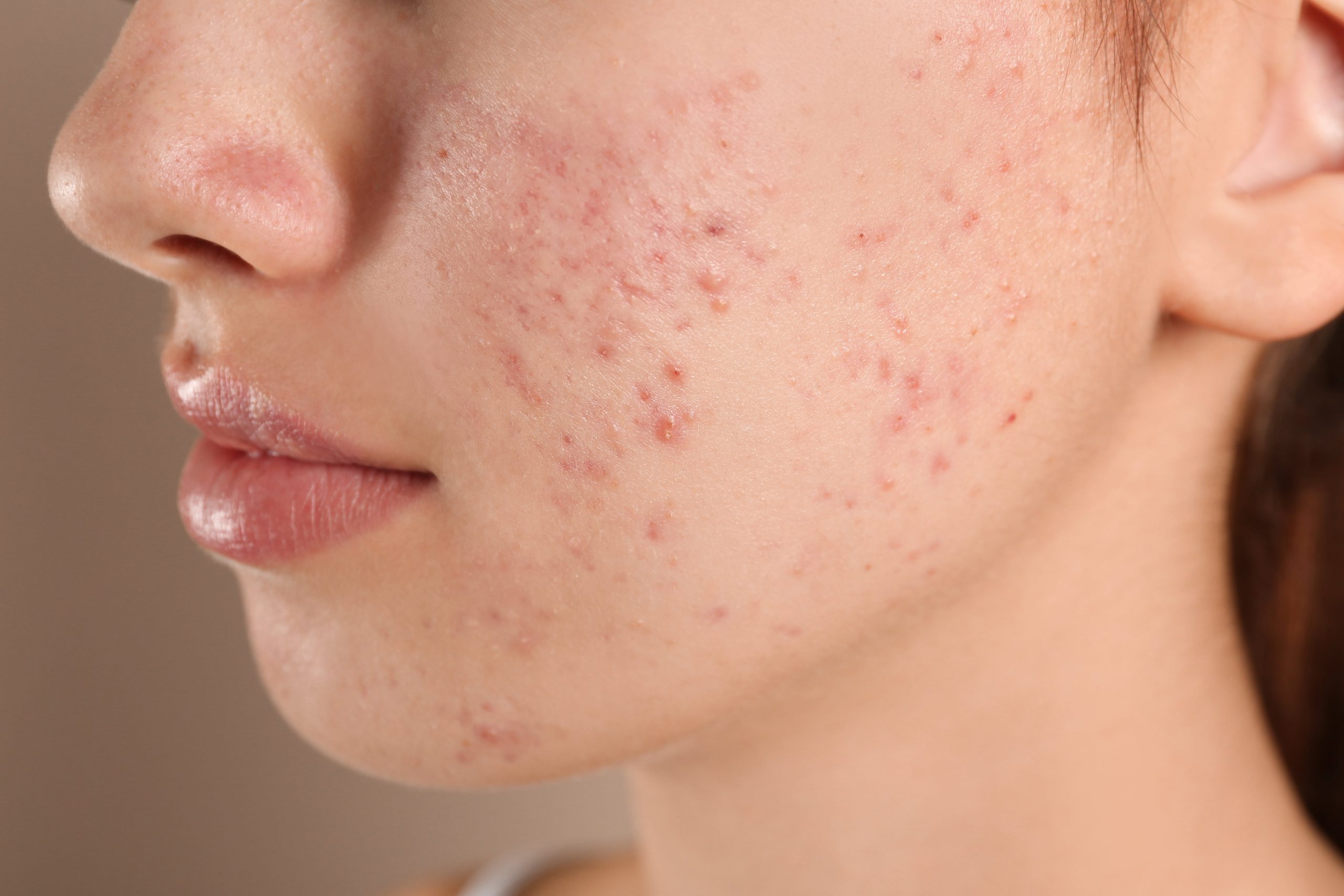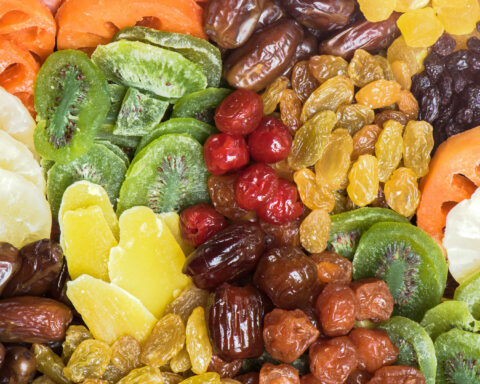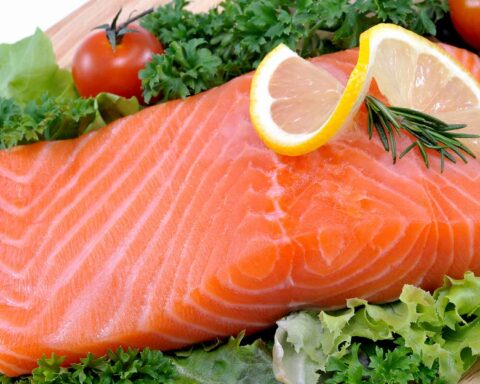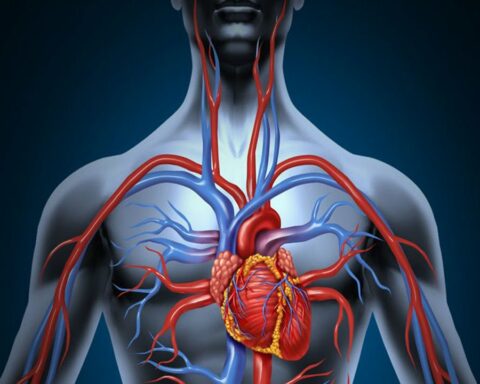Beauty is everyone’s fancy. A smooth face with brilliant skin is a real boost of self-esteem. Having pimples on the face is one of the little things that have led youths into depression.
Acne is a skin condition that affects many people in the world. In fact, the National Institutes of Health approximates that it affects up to 10 percent of the population in the world. This common skin condition can be caused by a number of factors including production of sebum and keratin, Propionibacterium acne, certain hormones, clogged pores, and inflammation. Though there has been a little controversy in the link between diet and acne, recently it has been shown that diet contributes significantly to the development of acne. This article discusses foods that can cause acne.
1. Refined Grains and Sugars
Studies have shown that acne is common among people who tend to take more of refined carbs than those who don’t. Foods loaded with refined carbs include pasta made with white flour, sodas, sugar-sweetened beverages, cereal, crackers, bread, desserts all made with white flour, maple syrup, agave, honey, cane sugar, and other sweeteners. Evidence indicates that frequent consumption of added can increase your risk of developing acne by 30 percent while regular intake of pastries and cakes can increase it by 20 percent. Such an increased risk is due to the effects that refined carbs have on the levels of blood sugar and insulin.
Refined carbs have a higher glycemic index, meaning that they are quickly absorbed into the bloodstream, thus increasing the levels of sugar. An increase in blood sugar calls for an increase in the levels of insulin to help transport the sugars into muscles from the bloodstream. That being said, high levels of insulin are harmful for people with acne. This is because insulin stimulates the activities of androgen hormone and raises insulin-like growth factor 1 (IGF-1). In turn, the growth of skin cells is made more rapid and the production of sebum is increased, which leads to the development of acne. Conversely, foods that score low on the glycemic index and do not lead to a rapid increase in blood sugar and insulin levels are less likely to aggravate the severity of acne.
2. Dairy Products
Scientists have consistently found that severity of acne in teenagers can be worsened by milk products. A joint study published by PubMed found that regular consumption of milk or ice cream among young adults can increase the risk of developing acne by 4 percent. However, these studies are of low quality. So far, studies have only dwelt on the correlation between milk and acne on teenagers, but not how it can cause or affect acne. While it is not fully understood how milk can cause acne, a few studies have proposed some theories. For example, milk is believed to increase levels of insulin, thus worsening the severity of acne. Plus, cow’s milk is loaded with some amino acids that can boost the production of IGF-1, which in turn increases the likelihood of developing acne.
3. Fast Food
There is a close link between the consumption of foods high in calories, fats, and carbs and acne. Fast foods commonly eaten in the Western world and may increase the risk of acne include nuggets, French fries, hot dogs, milkshakes, buggers, and sodas. Studies suggest that the risk of developing acne in teenagers and young adults who consume high-fat diets may be increased by 43 percent and by 17 percent among those who eat fast foods regularly. Another study that isolated buggers or sausages found that their frequent consumption can increase the risk by 24 percent. Researchers believe that fast foods increase the risk of developing acne because they alter the levels of hormones and affect gene expression.
4. Foods High In Omega-6 Fats
Another group of foods associated with the development of acne is that containing high amounts of omega-6 fatty acids. Omega-6 fats are known to increase levels of inflammation and acne. Many Western diets are high in corn and soy oils which are loaded with omega-6 fats. Only a few foods like fish and some nuts contain omega-3 fats. The balance between omega-6 and omega-3 fats is so delicate that if it is not maintained, your body will be pushed into a state of inflammation, which may worsen the severity of acne. You may maintain this balance by supplementing with omega-3 fatty acids, which may help reduce inflammation and reduce the severity of acne.
5. Chocolate
Chocolate has long been believed to be a trigger of acne, but researchers have not yet reached a consensus on this. Although some surveys have shown that eating chocolate can increase the risk of developing acne, they are not strong enough to prove that it can be a cause. It is not clear how consumption of chocolate may increase the risk of developing acne, but researchers speculate that it may stimulate the action of the immune system to the bacteria that cause acne.
6. Whey Protein Powder
Whey protein is a dietary supplement that is used by many people around the world. It contains nearly all essential amino acids, and particularly rich in leucine and glutamine. While these amino acids promote the growth of muscle mass and increase the growth and division of skin cells, such activities contribute to the development of acne. Additionally, whey protein contains amino acids that activates your body to increase the production of sebum, something that contributes significantly to the development of acne. Studies have shown that male athletes who use whey protein powder are likely to develop acne.
7. Foods That Trigger Allergy In You
Researchers categorize acne under inflammatory diseases. This might be true as corticosteroids and other anti-inflammatory drugs have been used effectively to treat acne, and molecules of inflammation are high in the blood of people with acne. Foods that you eat can contribute to inflammation through delayed hypersensitivity reactions. In turn, molecules of inflammation are elevated in your blood, thus aggravating acne.
Conclusion
Research indicate that certain foods discussed above can trigger acne. It will be best to balance the consumption of these foods with other nutrient-dense ones, instead of avoiding them all at once.
- How to Manage or Improve Anxiety - September 21, 2023
- The birth of a company - July 29, 2023
- Online Fitness & Nutrition/Personal Training by Rob Powell - July 7, 2023









